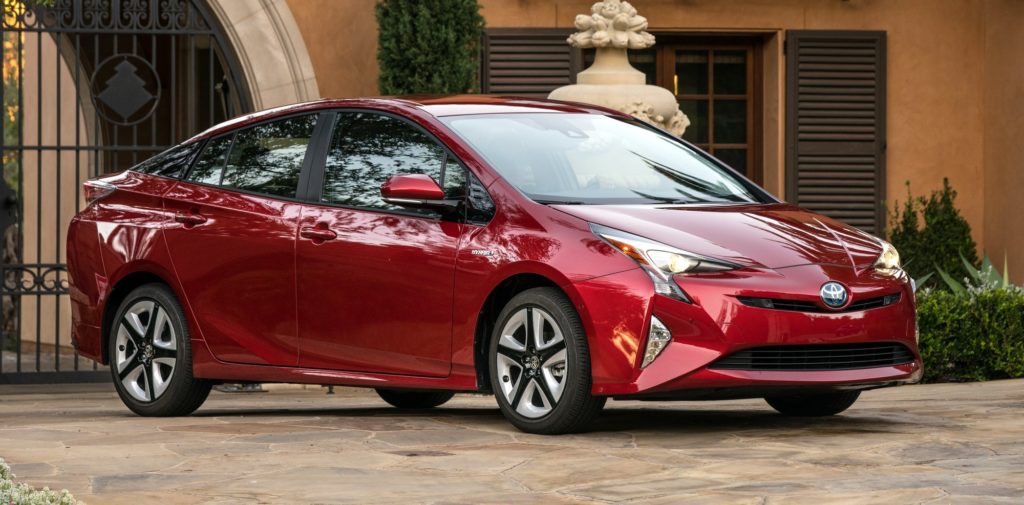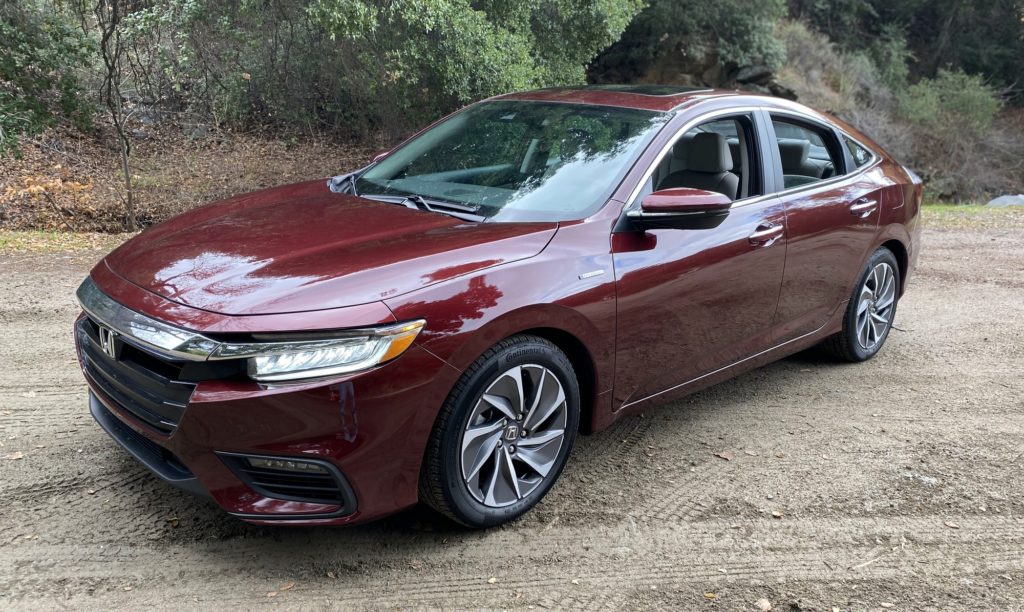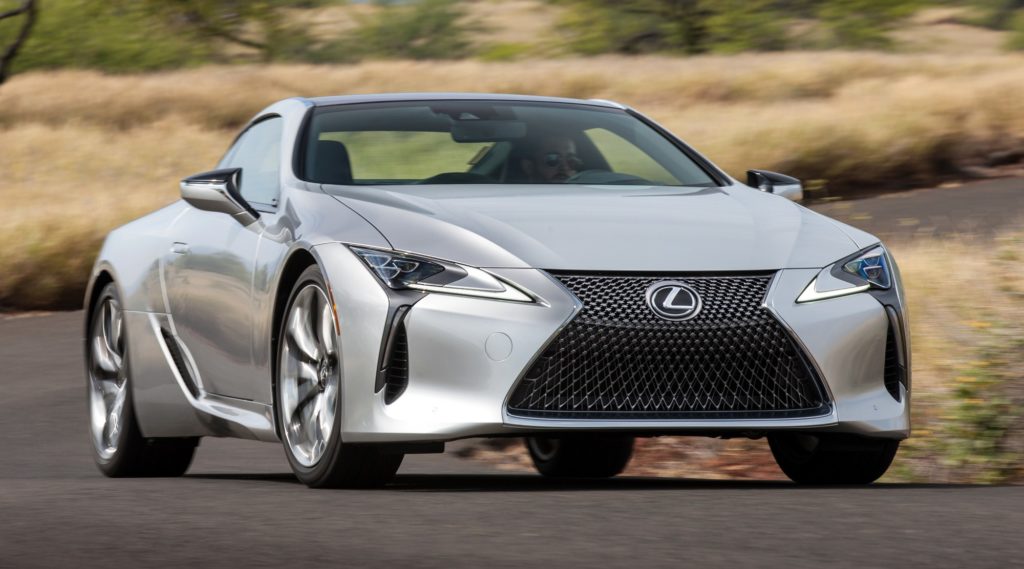Smashing Through the Barriers To Hybrid Cars
Story by Elizabeth B. Hines. Photos from Clean Fleet Report archives.
Hybrid vehicles are becoming more and more common. They have many advantages, such as consuming less fuel, being more environmentally friendly, silent and smooth to drive.

Unfortunately, hybrid cars still have a lot of myths and rumors surrounding them, which sometimes puts people off taking the leap and making the eco-friendlier purchase.
If you’re considering getting a new hybrid car but are still feeling a little skeptical, read on to find out about seven common misconceptions about hybrid vehicles and why they’re not true!
1. Hybrids Have Brand New, Untested Technology
This is completely false. Hybrid technology dates back to the early days of the automobile, pioneered by Porsche. The first mass-produced modern hybrid car was introduced by Toyota in 1997, more than two decades ago! They hit the 10 million sales mark four years ago. Toyota and other major automakers have invested millions in research and have come up with reliable, eco-friendly technology that has been applied to dozens of vehicles.
2. Hybrid Cars Are Too Difficult To drive
Untrue! It’s unclear where this myth came from, but it’s probably the least realistic one. Hybrid cars are exactly the same as gas vehicles in terms of driving. There is absolutely no difference in the driving experience, whatever you learnt when getting your driver’s license still applies if you’re on a hybrid! You just get better fuel economy.

3. Hybrids Are Too Expensive
Like any other kind of car, different models will vary in their price. It’s a total myth that they’re all expensive though. There are models that fit every person’s budget, just like with conventional gas cars.
4. Hybrid Cars Need To Be Plugged In
Not true! While electric cars do have to be plugged in (and plug-in hybrids can be), this is not the case for standard gas-electric hybrids. They run on two sources of power, using gasoline and electricity. Gas is the primary fuel; the batteries recharge as the vehicle moves and brakes, but the electric power is an auxiliary motive source, so the car will need less fuel. This is a positive feedback loop of less consumption which is why hybrid cars are so eco-friendly.
5. You’re Not Going To Save the Environment with a Hybrid
Speaking of eco-friendly, some people feel like hybrid cars won’t make a difference because they still release greenhouse gases. While obviously the most sustainable alternative is to cycle or walk, not everyone has the luxury of not needing a car. Hybrids are a great alternative for people who simply can’t operate normally without a car but still want to reduce their impact on the environment. Hybrid cars are a trade-off of sorts, because sometimes the perfect sustainable solution simply doesn’t exist.

6. Hybrids Are Good for Fuel Economy But Not Performance
Some people really value the performance of their car, and there’s a myth floating around that fuel economy imminently sacrifices performance. This is simply not true. Every model is different, but there are plenty of hybrid cars that have excellent performance and speed (check out the Toyota Camry Hybrid with more than 200 horsepower (hp) or the Lexus LC 500h Hybrid with 354 hp. Once again, it’s a matter of finding the right model for you and making sure you’re getting the qualities you need in your car.
7. Hybrids Need More Maintenance and Service
This is untrue. A mechanic should be able to service a hybrid car in the same way they would a conventional car. In fact, the opposite may apply, as hybrid cars shut down the motor engine when the electric engine takes over, for example when idling, meaning the motor is put under a lot less pressure and usage than conventional cars. The authority Consumer Reports found that many popular hybrid models required less maintenance than conventional vehicles.
Summary
Overall, hybrid cars are a fantastic option, so make sure you don’t believe these myths before making the decision to get a new hybrid car!
For Your Shopping List
Road Test: 2021 Kia Sorento Hybrid
Flash Drive: 2019 Toyota Prius Hybrid
Road Test: 2021 Hyundai Sonata Hybrid
Road Test: 2021 Ford F-150 Hybrid
Elizabeth Hines writes about latest tech and marketing trends, innovations and strategies. She also writes for online magazine and blogs, such as Write my paper, and others. She is a digital marketer and content writer at State of writing and Pay for research paper.

1 thought on “7 Common Hybrid Myths and Misconceptions Debunked”